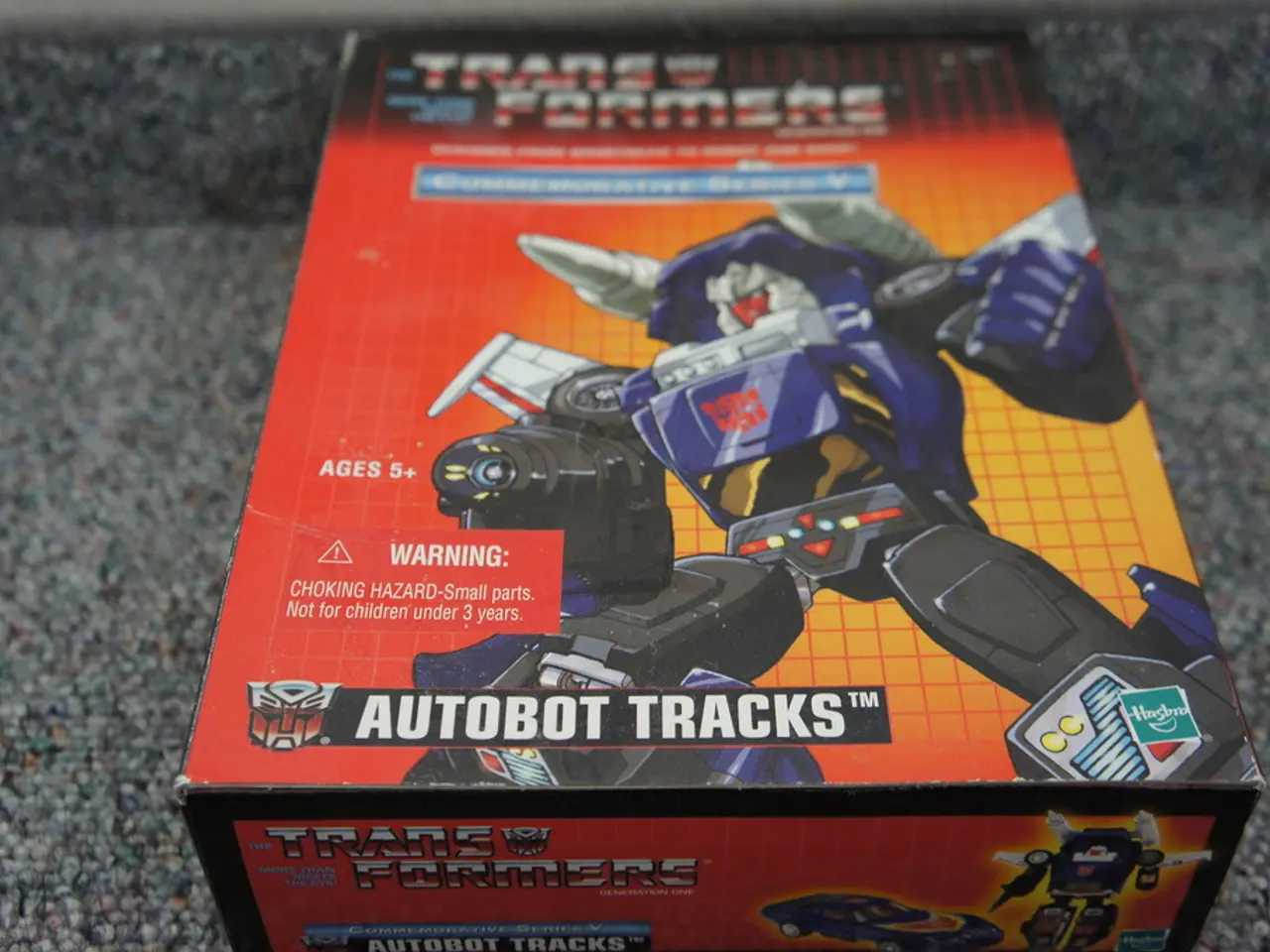Re-engineering Outdated WordPress Code Using Artificial Intelligence: A Step-by-Step Guide
In the ever-evolving world of web development, the importance of maintaining and updating code, especially in platforms like WordPress, cannot be overstated. With the rise of Artificial Intelligence (AI) tools, the process of refactoring outdated WordPress code has become more efficient and accessible than ever before.
AI tools, such as GitHub Copilot and the AI Engine plugin, are revolutionizing the way developers approach refactoring. These tools automate numerous coding tasks, generate optimized code snippets, and offer intelligent suggestions for modernization. This means less time spent manually rewriting large portions of outdated or repetitive code.
One of the key advantages of AI tools is their ability to analyse existing codebases and detect inefficient patterns, deprecated functions, or security risks. They can then recommend or automatically apply best-practice refactorings, helping to clean up old code and make it more maintainable and performant.
The integration of AI tools into the WordPress ecosystem is seamless, with plugins like AI Engine bringing AI capabilities directly into the WordPress dashboard. This allows developers to automate content creation, rewriting, and build custom AI-powered tools that can assist with code improvements behind the scenes.
Moreover, AI tools can assist in spotting bugs, potential errors, and vulnerabilities in the code, which often accompany legacy code, enabling more reliable and secure refactoring. Developers working on WordPress themes or plugins can benefit from real-time context-aware coding help, receiving instant code completions and suggestions that adhere to modern coding standards.
However, it's important to note that AI tools may not be up to date on the latest versions of WordPress, PHP, or other items. Therefore, it's crucial to verify the suggestions made by AI tools and test them thoroughly before implementing them.
Debugging a site's PHP compatibility can be done via a local WordPress install or a staging environment, ensuring that any changes made during the refactoring process do not negatively impact the live site.
Refactoring outdated code is a crucial part of a good maintenance routine and can help bring a site up to modern standards. This is particularly important for websites built with WordPress, as they can fall behind the latest best practices and technologies due to their age.
In the future, AI tools may support WordPress freelancers and agencies by automating repetitive tasks, allowing them to focus on more creative aspects of their work. AI site builders could potentially become a valuable asset in this regard.
In conclusion, the integration of AI tools into the WordPress development workflow is making the refactoring of outdated code more streamlined, efficient, and accessible. By automating repetitive coding tasks, providing intelligent suggestions for modernization, ensuring better code quality and security, and integrating smoothly into the WordPress ecosystem, AI tools are enabling developers to update outdated code more quickly and accurately.
Artificial Intelligence (AI) tools, like GitHub Copilot and the AI Engine plugin, are enhancing the refactoring process by automating coding tasks, offering optimized code snippets, and suggesting modernizations in outdated WordPress code. By analyzing existing codebases, these AI tools can detect inefficiencies, deprecated functions, or security risks, and then apply recommended best-practice refactorings, allowing developers to leverage the power of technology in their work, making the refactoring process more efficient and streaming the entire web development process.




